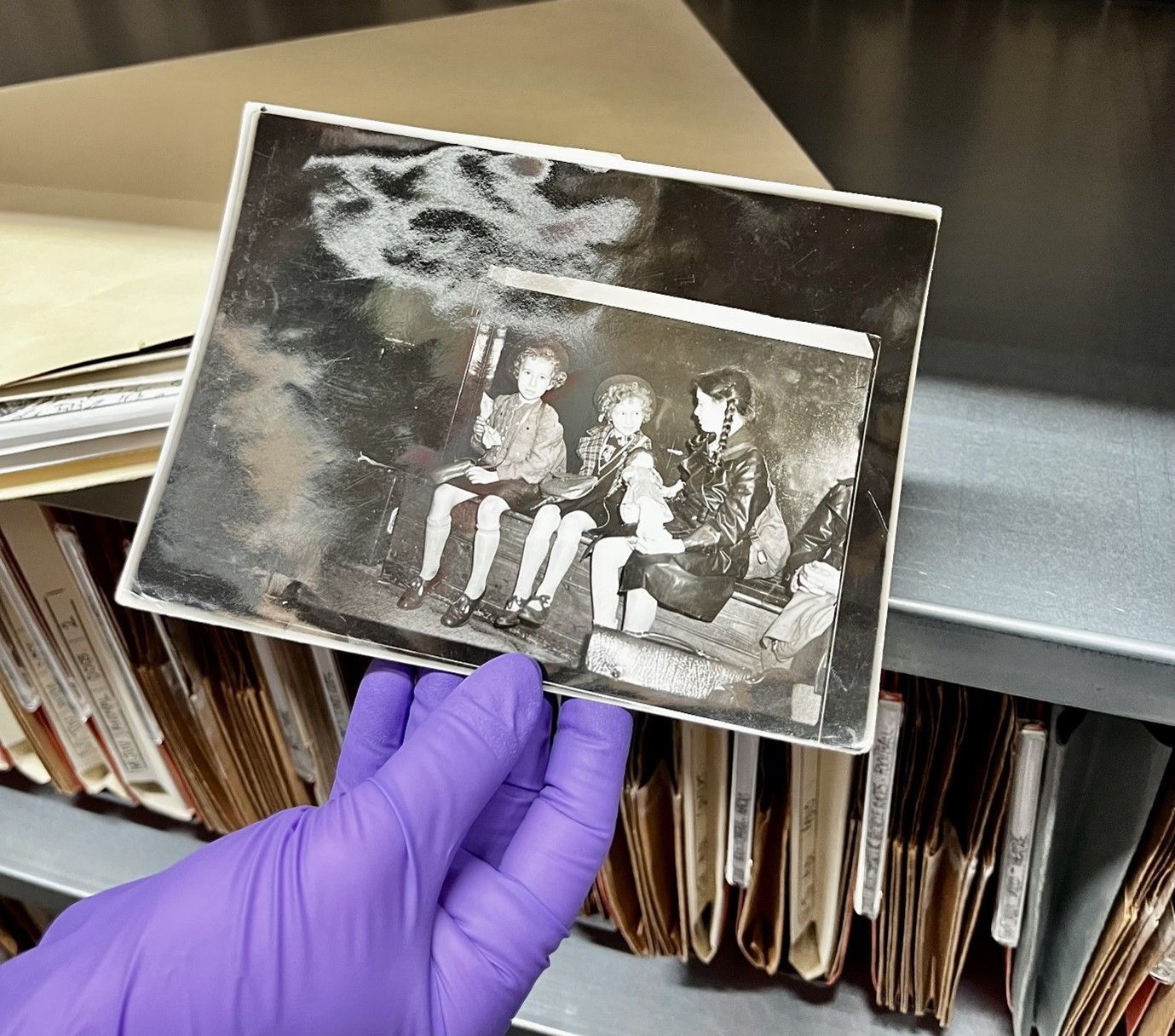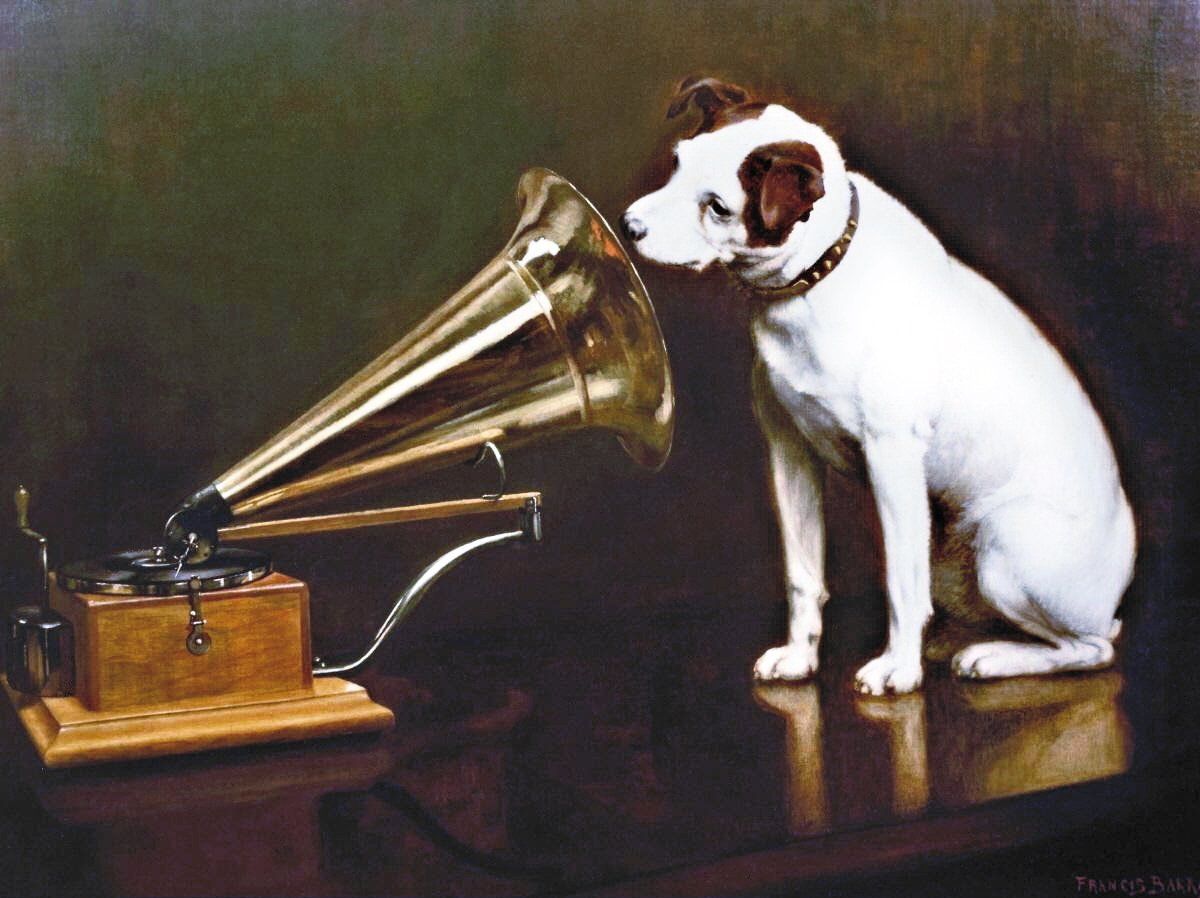
This year’s Mother’s Day will be a poignant one for me, the first without my mother, who passed away last September. For many years I had spoken to Mum on the phone every day. Sometimes it would be simply to catch up with family news or to tell her what I’d been doing and often, particularly after my father died, I’d call under some pretext or other but really just to see if she was ok. In the last few years of Mum’s life I started to record some of our in-person and phone conversations. At first she was self-conscious about having her voice recorded, and insisted, in her unassuming way, that she had nothing of interest to talk about. As an audio biographer I know that’s not the case – everyone has something to talk about, and someone will always be interested in hearing it. I persevered, and as a result have gathered a treasure trove of audio recordings of my mother’s voice, talking and laughing about old times with details that would otherwise have been lost. My mother was born in London 1927, spending her entire life in the Northern Line outposts of Finchley, Woodside Park and Mill Hill. In spite of her assertion that she had an ordinary life, it was always wonderful to hear about her experiences of growing up in a different era, with loving parents and three sisters to whom she was always remarkably close. After a less than stellar academic experience, she left school at fifteen in 1942 and went to work as a secretary at His Master’s Voice in Oxford Street. This was the perfect job for Mum: to be surrounded by music in her everyday life was a dream. The biggest perk of her job was that at the end of the day she was allowed use one of the listening booths, where customers could hear records before deciding whether to buy them, and she would lose herself in the music of the great jazz performers of the time, including her heartthrob Frank Sinatra, Ella Fitzgerald, and the classical giants. One story Mum liked to tell was that of Donald Luck, a soldier friend of her eldest sister, who was located overseas during the war. Mum’s duties at HMV included sending out records to young men in the armed forces, and Donald was a recipient. After the war, Mum relates, he surprised her with a visit to the store, bringing with him a banana, by way of a thank you. During wartime, a banana was a luxury rarely seen so the gift was very well received and she was delighted with it. Today’s young people would find it astonishing that such a simple gift should bring such joy. While I remind myself daily how fortunate I was to have had my mother in my life for so long, the flipside is that being without her can be all the more difficult. It is a great comfort to me to know that I can choose to listen to the recordings whenever I like, to bring her laughter into the room again, and to hear my mother’s voice. Thumbnail image: By Francis Barraud - Victor Talking Machine Company, Public Domain, https://commons.wikimedia.org/w/index.php?curid=1793229

I was born in a little village of three or four hundred people in the province of Vilna in 1893. The village was called Dunilovich, about four miles from Bostov, the location of the nearest railway station from where we could get to the provincial city of Vilna. There was no sewage, no street lighting, there wasn’t even any paving. We lived in a cottage where the only warmth was an oven, a great big oven, similar to a baker’s oven, and if you wanted to keep warm in the winter we, as children, slept on top of the oven. There came a time when the main objective of any Jewish person living under those circumstances thought of one thing – to get out of Russia and go to either England or America. The unmistakable refined voice of Louis Mindel, my paternal grandfather, digitized and clear, is startling to hear. In 1990, when Lou was 97 years old, my brother recorded an interview with him on cassette tape, asking about his early life growing up in a small Russian village and his family’s move to England. This is the first time I have heard the recording. Even at his advanced age Lou was able to recall, with apparent ease and clarity, the tiniest details of life in a tiny one-roomed ‘cottage’ shared with his parents and six siblings. There was no electricity or flushing toilet, no separate rooms for eating, sleeping or working, no furniture – not even beds – or flooring apart from the bare concrete, and no heating. Lou’s father, Iddle, a tailor, worked at his treadle-powered sewing machine by candlelight or oil lamp. It sounds like a setting in a Grimm’s fairy tale; however, this was the family’s grim reality. Astonishingly, Lou tells us that in spite of these hardships, which many twenty-first century families find difficult to imagine, the family was ‘very comfortable’. Nonetheless, after two of Lou’s older brothers settled in England, the remainder of the family decided to follow, arriving in a new country one foggy December day in 1902 with no knowledge of the language, and only their hopes for a better future. Listening to Lou’s fascinating account, I am completely absorbed by hearing his voice telling me about his early experiences. It’s only now, as an older adult, that I fully appreciate the historical and social value of such recordings, as well as the family history. Heard in his own voice, the recordings are powerful and evocative, a treasure trove of details and emotions. What will our descendants make of our stories?

In response to the current limitations on the number of people who wish to pay their respects at funerals, The Audio Biographers have adapted their services by offering to remotely record the memories and reflections of the deceased person’s family and friends. This idea was crystallized when we were approached by a client whose husband’s funeral was not the joyous celebration of his life, that they always assumed it would be during the time that he was ill. I was also sent a video of the funeral of one of my oldest friends at which only 10 people were allowed to attend under the current social distancing restrictions. Although his sons were a credit to him and the Eulogy read by his eldest was extremely moving, the funeral was a desolate affair. Had it not been the time of the pandemic, there would have been hundreds of people attending his funeral. He was only 61 years old and had many friends. As a consultant anaesthetist he made it his life’s work to alleviate suffering by opening a unique pain clinic that touched thousands of patients. He will be sorely missed. Had the funeral been under normal circumstances there would have been a book of memories and condolences for family, friends and well wishers to write in. So, we can create a unique collection of short, remotely recorded interviews with anyone who would like to say a few words; to convey their feelings, recollections and memories. We will edit and collate all the sentiments into a single audio file which will be saved onto a memory pen or CD and sent to the family for them to listen to and share as they wish. Should my friend’s sons have children, they may wish to know what their grandad was like...to hear the people that he touched in his life would be a wonderful gift. We hope this service will go some way to compensating for the lack of support and occasion that a loved one would ordinarily have had at a funeral, and may be a comfort and a memento of thoughts, feelings and anecdotes to keep for always. The collection of stories will be a treasured keepsake for all the members of a family to hear, and to enjoy a sense of how acquaintances, friends and family thought and remembered their loved one.
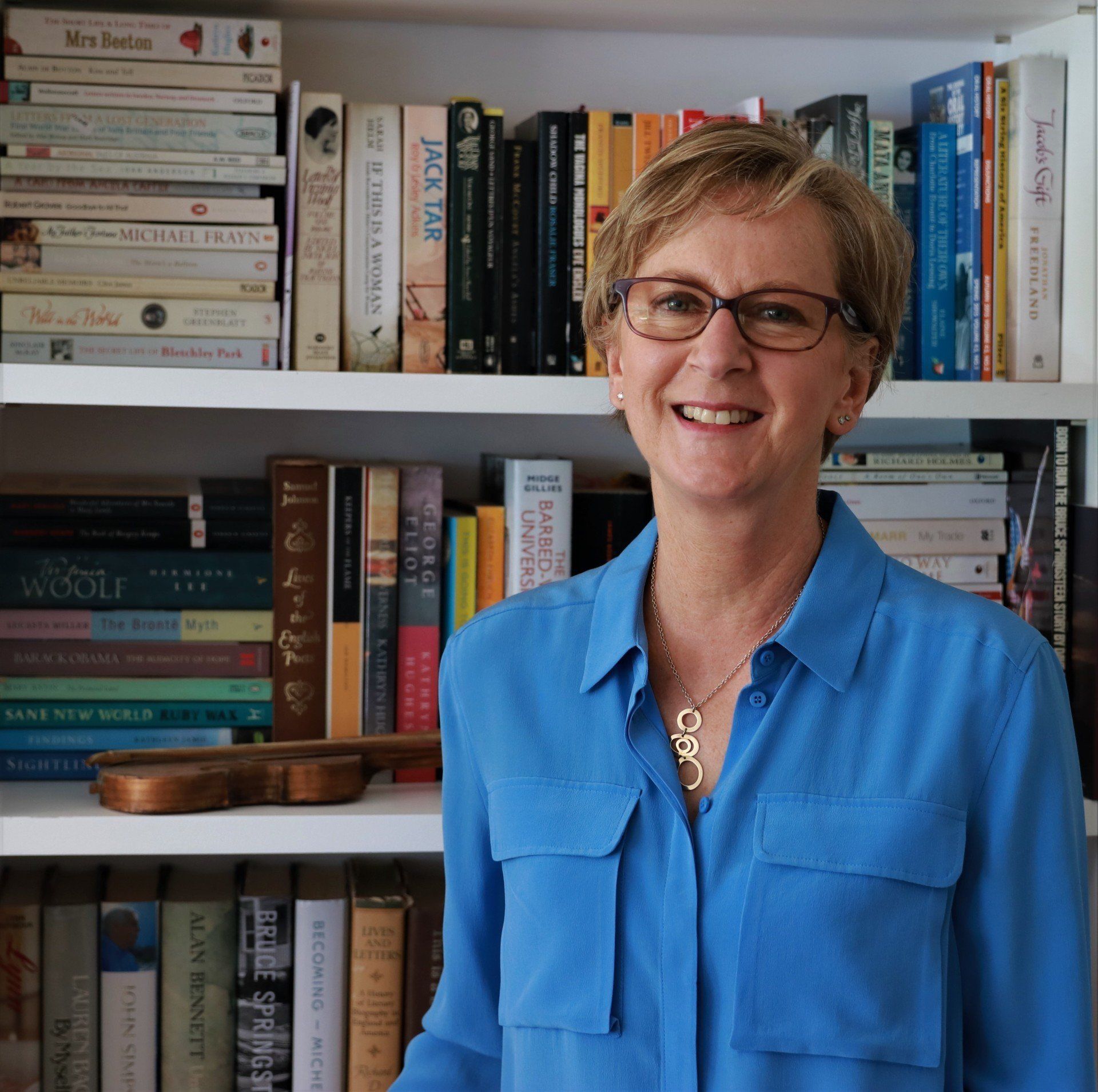
Around twenty years ago I was asked by a relative to look at a few pages she had written about her childhood experiences of being a Barnardo’s child during wartime Britain. Having left school at a young age, she felt her writing skills were lacking and wanted help with producing a document to pass on to her grandchildren. On reading her story it was evident that she had a strong natural storytelling ability and an excellent memory for small but important and vivid details. It was a pleasure and a privilege to help bring Gwen’s story to life as her ghostwriter, providing her with a written first person narrative told with her words in her tone of voice for her grandchildren, and it started me on the path to becoming a biographer. Having achieved a BA in English Literature with Creative Writing, I went on to study for an MA in Biography and Creative Non-Fiction at the University of East Anglia, which helped sharpen my skills and fuel my interest in the genre. It was immediately apparent when I was introduced to The Audio Biographers that we are an excellent match. Using my interviewing and listening abilities, I will record audio biographies – in person when possible, via Zoom in the meantime - giving people the opportunity to hear the voice of their family member, friend or co-worker, providing an alternative way of remembering them and hearing their memories through their spoken words. While continuing to work with people who wish to have a written account of their lives, I am delighted to be working as part of The Audio Biographers’ team in communicating personal stories of the ordinary and extraordinary in an audio format for families to keep and to cherish.
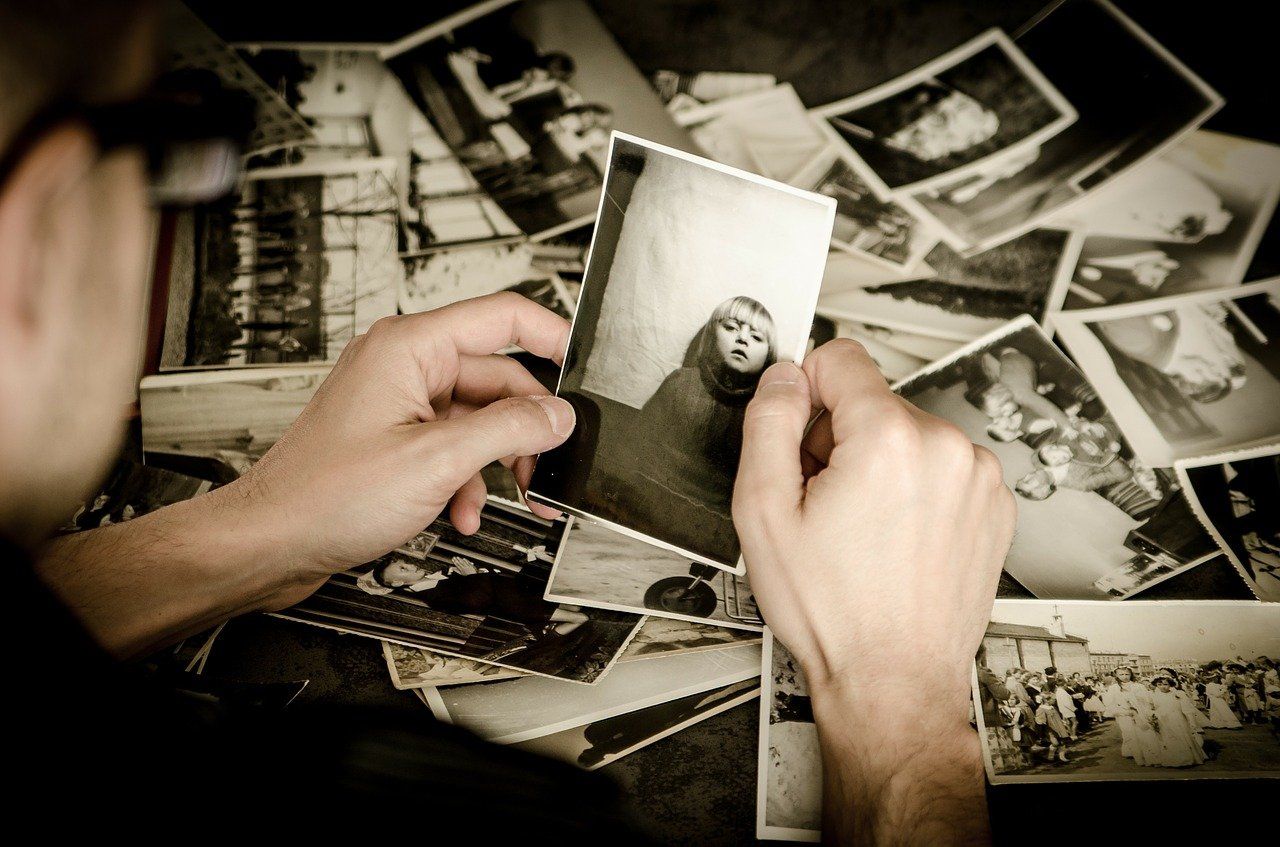
The feedback that we have received from families when presented with their loved one’s Audio Biography is their delight and surprise that there are so many memories that had never been told before! We share memories as they surface, when life allows, because as younger people our lives are busy and often the focus is on work, and perhaps parenting, and our own experiences tend to take a back seat. However, when someone embarks on their story the Audio Biographer gives time and importance to those memories that are most pertinent and meaningful. This process allows for the details to emerge and become clearer which leads to other long forgotten memories. When my father had his Audio Biography recorded, he told a story from when he was five years old of how his father, who was a baker, bought a bakery business with a horse included in the sale to deliver the bread! This amused and inspired my father greatly as his father had never had anything to do with horses at all up to that point! I had never heard this story before. Nor the story of the very small dining room that could hardly house all the family at a celebration and it was a challenge not to hit your head on the wall oil lamps as you got up from the table. OIL LAMPS! I had no idea! These apparently inconsequential details are what gives us a window into our loved ones' lives, that are so very valuable and although the story teller may feel that they aren’t important to anyone, actually it is quite the contrary; they are gems that make up the valuable tapestry of someone’s life.

As an Audio Biographer, I’ve noticed that when recording older people’s stories, they are drawn to the long forgotten details of their experiences during the Second World War. Memories from extraordinary times and difficult experiences are more prominent. The memories that have the most emotional impact are easily accessible, be they good or bad experiences. The people in their 90’s whose life stories I have recorded, have been fluid and forthcoming about their war experiences, whether they fought or were civilians. This is the time when life for them was completely extraordinary. I wonder whether when people who are now in their impressionable teens and 20’s are older and are recording their own stories, whether this unprecedented time of the Covid-19 pandemic is what shapes their memories. What is curious is that this pandemic is so out of anyone’s life experiences, incomparable to anything else, that it will inevitably figure. If the person lives in a city where the virus is most virulent, if they have loved ones affected or who tragically die from Covid-19, then their memories will be very different to those who are fairly rural, isolated and protected from the pandemic. But nevertheless everyone will have memories and stories to tell in years to come of how they felt and how the pandemic had an impact on their lives.

I recorded an Audio Biography of a man in his early 40’s who was dying and wanted to impart something of his life story and thoughts to his young children for when they grew up, should they want or need to know. It was a very moving recording and what was most moving was that as his introduction, which he added having finished the recording, he said to his children: ‘You may never want to listen to this and that’s okay. However if when you’re an adult and you meet your soul mate as mum is to me, then you might want to tell them what your dad was like and perhaps you could play this to them, just an idea, it’s up to you!’ I was deeply moved because when he finished and received the completed edited version, he became very emotional and said: ‘I didn’t realise why it was so important to do this and now I realise that I just don’t want to be forgotten.’ I am finding that people who are apparently healthy, including myself, don’t feel as though they have a story to tell, but people who realise that their time is limited suddenly do have plenty that they want to impart, as I would should my mortality be brought into sharp focus.
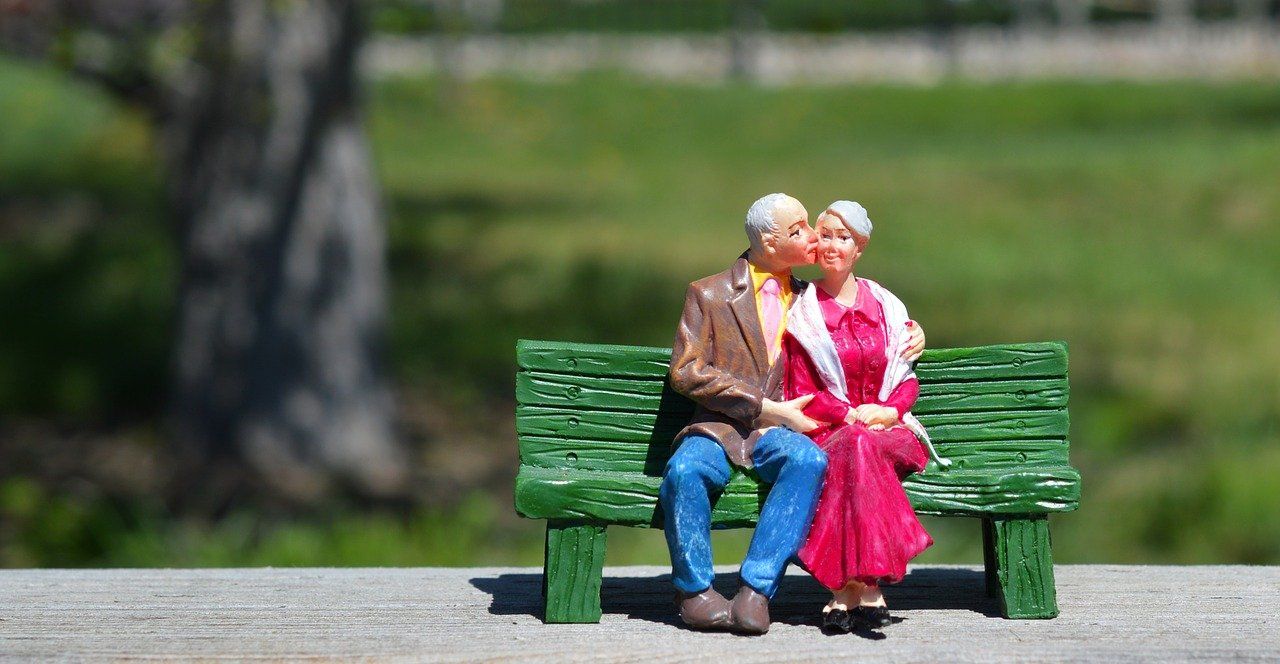
We’ve just delivered an audio biography to a gentleman in his 80’s, which was requested by his daughter as although he had been hand writing his autobiography, it not only takes a long time, but she felt the emotion had been lost from the stories she’d read. There is nothing like hearing the person's voice recounting their stories. Hence she contacted us to record his audio biography. This man has indeed had an exceptionally unusual life. His profession as a medical doctor had enabled him to serve disadvantaged and sick people around the world, in particular Africa.Once he and his wife returned to England with their children, he retrained as an Osteopath. Moving from such a prestigious and safe profession as a doctor to a less well established one at that time was quite unusual and courageous, and many people had tried to discourage him. His grandchildren, now in their teens, may be heartened to discover that their adored grandfather created such an adventurous, rich and varied life through hard work and determination rather than solely academic ability. I do hope that his grandchildren will take his example to propel themselves forward to whatever it is that they choose to do, knowing that it doesn’t have to come easy to be achievable.This is how valuable the messages and essence within an audio biography can be for families and future generations.
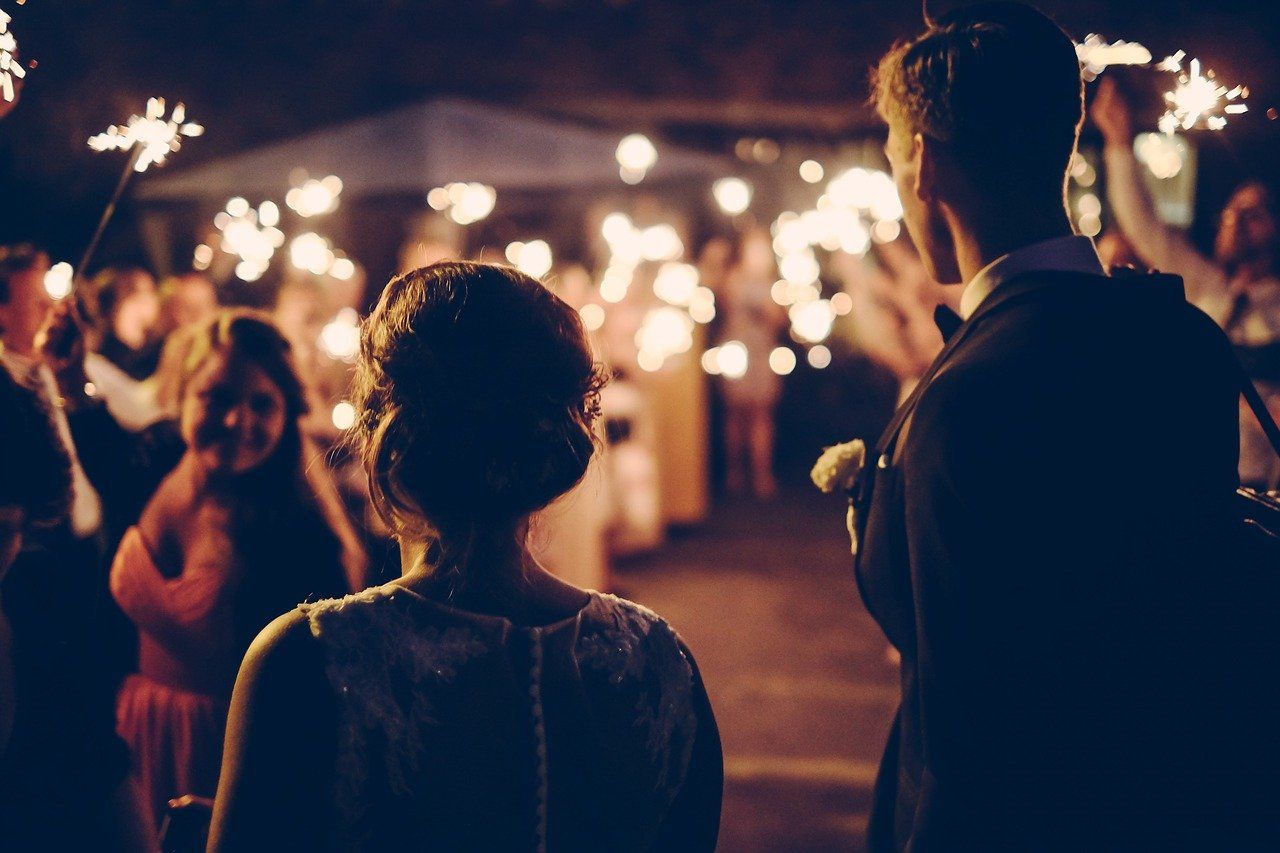
When recording your audio biography, it's worth considering what it is you'd like to share as well as what you don't want to share. Then the question is: what would the listener, your nearest and dearest, your family, children, grandchildren and great grandchildren really want to know about you? Yes, of course they'd like to know about your experiences but more importantly how those experiences shaped you, and informed you so that they had an impact on how you lived your life. Your regrets and why and perhaps the things that became more meaningful to you than you'd have expected at the time. Like 'failing', for example, or mistakes that became good fortune because of the insights that you gained. How your life events felt emotionally are the real substance of someone's life over and above the actual events that were encountered. This is the heart and soul of an audio biography.

